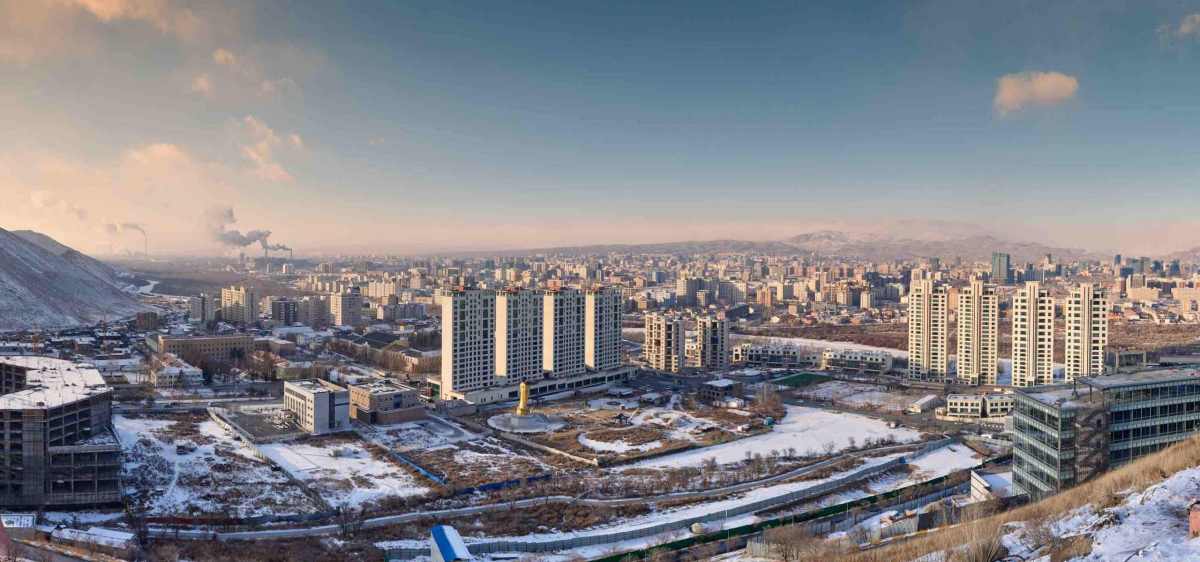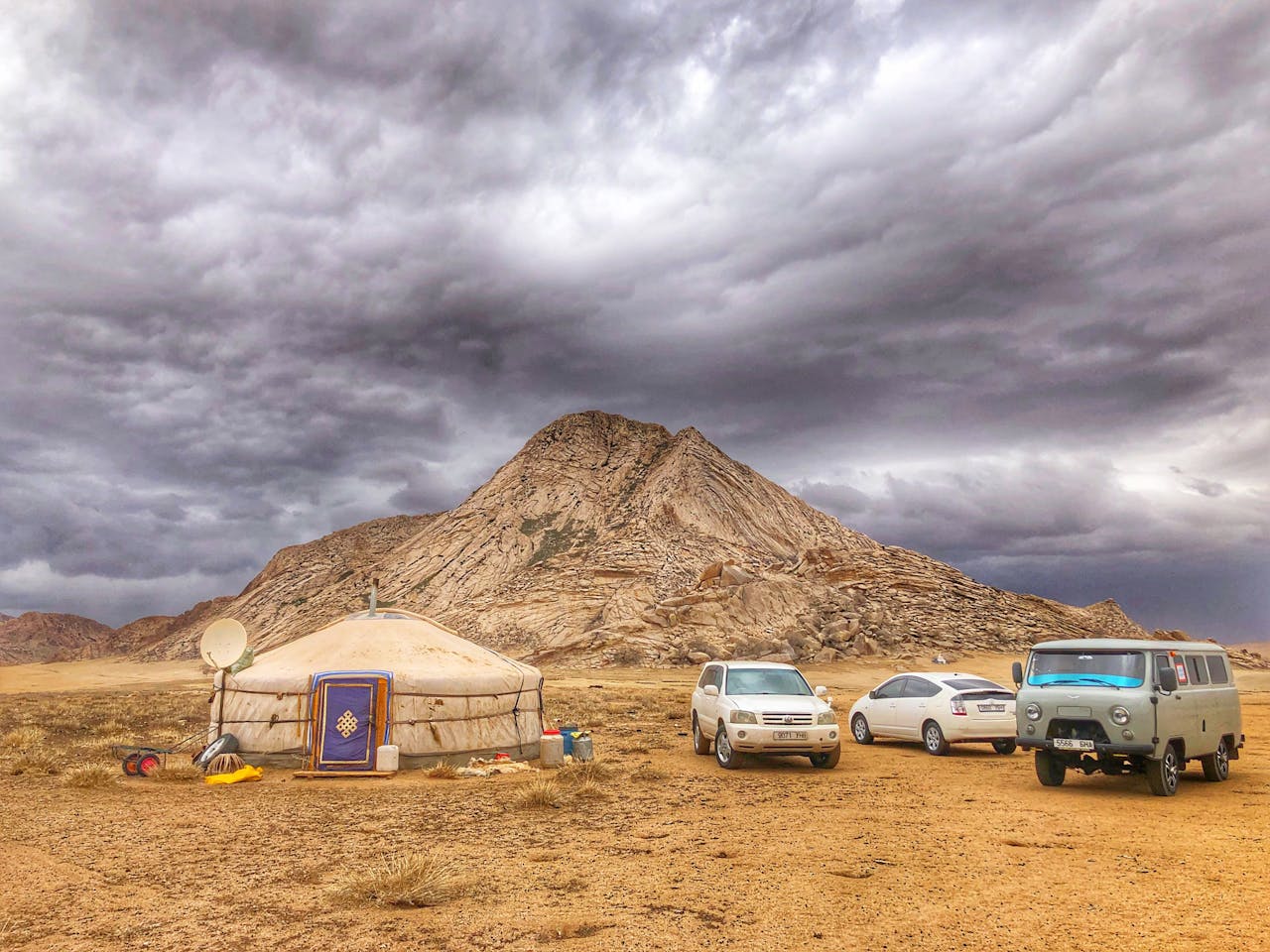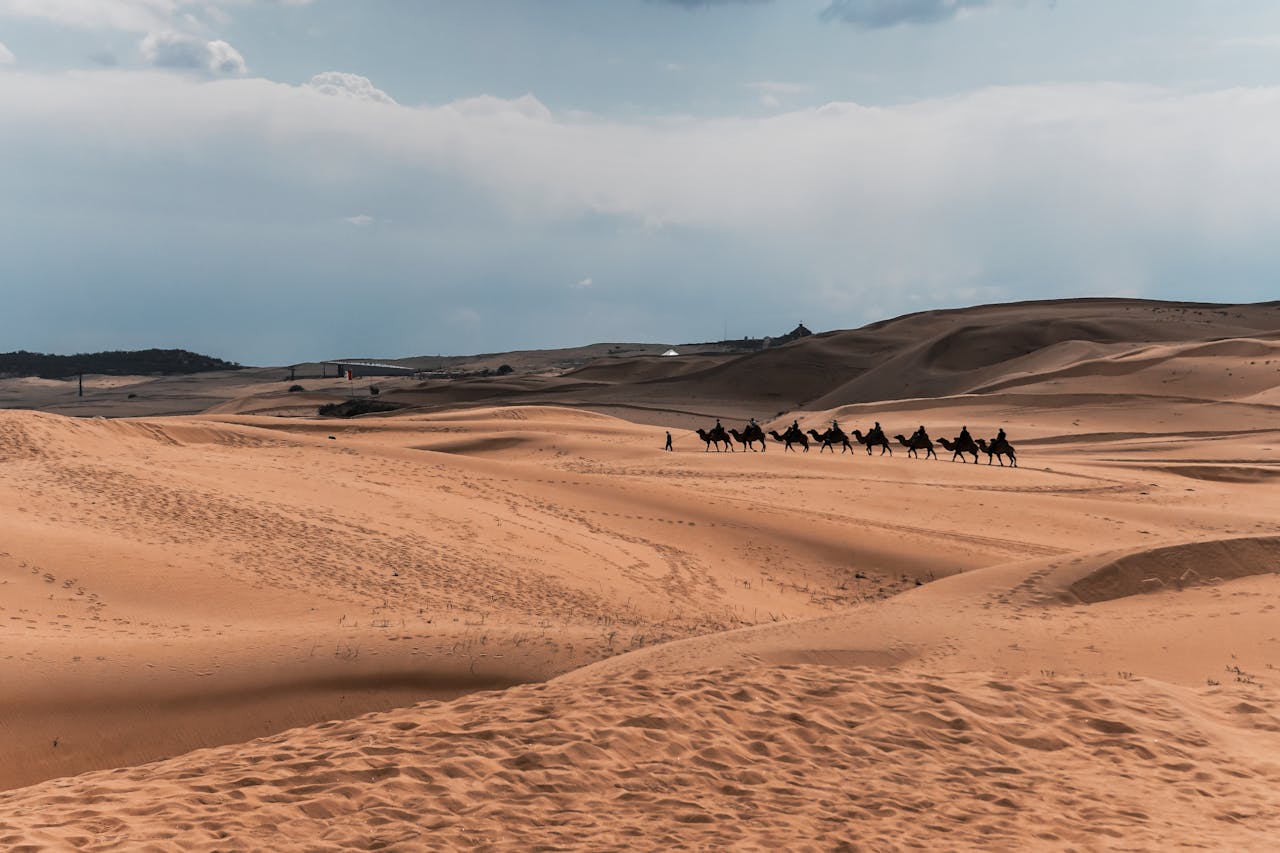蒙古市場研究

了解蒙古消費者的脈動並了解當地的細微差別是在這個市場蓬勃發展的關鍵。透過正確的市場研究,企業可以有效地定位自己,以滿足當地需求,抓住機會,實現永續成長。
蒙古擁有廣闊的草原、豐富的歷史和新興的機遇,為尋求擴張的企業提供了巨大的潛力。為了釋放這些機會,蒙古的市場研究成為提供重要見解的指導指南。
什麼是蒙古的市場研究?
市場研究幫助企業做出明智的決策,以利用蒙古市場的獨特機會和挑戰。它還幫助企業識別消費者的需求、偏好和購買行為,使他們能夠客製化產品和服務以滿足當地需求。
此類研究包括分析產業趨勢、消費者行為和競爭格局,以及了解影響購買決策的文化細微差別。透過在蒙古進行市場研究,企業可以深入了解消費者偏好的驅動因素、如何有效定位其品牌以及最大的成長機會在哪裡。
為什麼企業需要蒙古市場研究?
透過利用蒙古的市場研究,公司可以確保其策略符合當地市場需求,並開發解決特定區域挑戰的解決方案。這種方法不僅有助於降低風險,還增強了長期成功和成長的潛力。
蒙古的市場研究也可以幫助企業對蒙古市場做出明智的決策。該市場面臨獨特的挑戰,包括文化多樣性、遙遠的地理距離和不同的消費者行為。這些挑戰使得公司必須了解當地消費者的需求、偏好和購買模式。
此外,透過蒙古的市場研究,企業可以識別主要趨勢,評估市場潛力,並認識到人們的具體需求。這項研究有助於解決以下問題:哪些產品和服務最受歡迎?文化差異如何影響消費者行為?透過深入了解這些問題,公司可以調整行銷策略,以有效地接觸和吸引蒙古受眾。
蒙古國重點產業
蒙古的市場研究重點介紹了推動當地經濟並為企業提供巨大成長潛力的幾個關鍵產業。鑑於蒙古擁有豐富的天然資源,包括煤炭、銅和黃金,採礦業成為最有前途的產業之一。奧尤陶勒蓋和額爾德內斯塔萬陶勒蓋等公司在礦業領域發揮著舉足輕重的作用,為蒙古的經濟成長做出了重大貢獻。
另一個重要的產業是農業,其重點是畜牧業,特別是綿羊、山羊和牛。蒙古的市場研究表明,農業部門具有現代化潛力,這為專門從事農業技術和永續實踐的公司提供了機會。此外,在減少對進口化石燃料依賴的措施的推動下,再生能源產業正在獲得牽引力。像清潔能源亞洲這樣的公司正在努力提供清潔能源解決方案,使企業和當地社區受益。
旅遊

蒙古擁有亞洲最大的戶外市場之一。每個人都稱之為“黑市”,儘管它不出售任何非法物品。
庫斯坦努魯國家公園 (Khustain Nuruu National Park) 距離烏蘭巴托僅數小時路程。這個公園是為數不多的能看到普氏野馬的地方之一,並且因它們而非常有名。蒙古是可以找到這些馬的三個國家之一。公園佔地 500 平方公里,擁有令人印象深刻的非凡自然景觀。
蒙古文化
蒙古與傳統畜牧文化有著密切的聯繫,這在農村地區最為明顯。儘管蒙古試圖實現現代化,人們仍奉行古老的傳統。您甚至可以用牲畜代替現金購買公寓。
烏蘭巴托是一座奢華與貧窮碰撞的城市。這個城市中心變化如此之快,以至於在未來五到七年內它可能會面目全非。這些變化將使整個烏蘭巴托受益,但不太可能影響蒙古文化。
首都的建築以其多樣性而引人注目。寺廟位於古老的共產主義建築和摩天大樓之間。這是一個經歷了重大轉變的對比國家。成千上萬的人搬進來,重工業重塑了文化。
礦產和採礦
蒙古被稱為「我的戈利亞」。顧名思義,該國擁有強大的採礦業。其土壤下蘊藏豐富的煤炭、銅和其他儲量。大部分需求來自鄰國中國。
礦業吸引了外國投資者,奢侈品市場開始起飛。隨後,隨著中國經濟成長放緩和大宗商品價格暴跌,經濟出現了蕭條。隨著新的採礦項目開始開放,事情開始再次看起來充滿希望。
畜牧業最近快速成長,該行業用山羊、綿羊、牛和駱駝生產牛奶和肉類。蒙古也生產馬鈴薯和穀物等糧食作物。但農作物產量遠遠落後於畜牧業。蔬菜生產接近停滯水平。
交通和道路建設等基礎設施產業不斷增長。蒙古沒有海港,交通主要依賴公路和鐵路。
蒙古的機會
蒙古在各個領域提供了大量機會,企業可以探索這些機會以實現成長。透過利用蒙古的市場研究,公司可以發現這些機會並為自己的成功進行策略定位。
- 礦業:採礦業提供了巨大的潛力,特別是對於專門從事礦產勘探、採礦設備和永續採礦實踐的公司而言。蒙古豐富的煤炭、銅和黃金儲量為投資和合作提供了充足的機會。
- 農業:企業有機會引入永續農業實踐和技術解決方案。專注於提高生產力和實現畜牧業現代化,提供農業技術、培訓和供應鏈解決方案的公司可以擴大在蒙古的業務。
- 再生能源:在減少對進口化石燃料依賴的努力的推動下,再生能源產業前景廣闊。專門從事太陽能、風能或其他清潔能源解決方案的企業可以受益於政府的激勵措施和支持性政策環境,同時也對當地社區產生積極影響。
- 旅遊:蒙古獨特的文化、歷史和自然景觀為旅遊業提供了巨大的潛力。專注於探險旅遊、文化旅遊和生態旅遊的公司可以利用人們對真實旅行體驗日益增長的興趣。
- 基礎建設發展:隨著蒙古不斷改善互聯互通,參與建築、物流和基礎設施專案的企業面臨機會。投資改善公路、鐵路和電信有助於增強全國的經濟活動。
- 醫療保健服務:蒙古對改善醫療設施和服務的需求日益增長。提供醫療設備、遠距醫療解決方案和醫療保健管理服務的公司可以找到支援該地區醫療保健基礎設施的機會。
- 教育訓練:以技能發展為重點,專門從事教育和職業培訓的企業可以幫助滿足當地對技能建設措施的需求。公司有機會在採礦、農業和再生能源等領域提供培訓。
挑戰

烏蘭巴托已成為世界上污染第三嚴重的城市。其罪魁禍首是人口的快速成長和對煤炭的依賴。
這些地區造成了煤炭污染問題。隨著冬季氣溫下降,當地人燒煤取暖。政府正在與這個嚴重的問題作鬥爭,但目前來說,這是沒有用的。
SIS International 在蒙古的市場研究如何幫助企業
市場研究對於任何想要進入蒙古或在蒙古擴張的公司至關重要。在 SIS國際,我們專注於提供全面的 市場研究 幫助企業獲得成功所需的洞察力的服務。
- 加強策略規劃:我們的市場研究提供有關消費者偏好、文化因素和新興趨勢的詳細數據,使企業能夠完善其策略計劃,以更好地滿足蒙古客戶的需求。
- 增加收入潛力:透過了解當地消費者行為並識別高需求的產品和服務,我們幫助公司挖掘收入機會並創造與目標受眾產生共鳴的產品。
- 風險緩解:我們的市場研究服務突顯了蒙古市場特有的潛在風險和挑戰,使企業能夠制定有效的緩解策略並避免代價高昂的失誤。
- 提升行銷效率:透過利用蒙古市場研究的見解,企業可以將行銷工作集中在最能引起當地消費者共鳴的管道和訊息上,從而最大限度地提高投資回報。
- 加速成長:了解市場趨勢和消費者需求使公司能夠有效創新,從而在蒙古加速成長並取得長期成功。
關於 SIS 國際
SIS國際 提供定量、定性和策略研究。我們為決策提供數據、工具、策略、報告和見解。我們也進行訪談、調查、焦點小組和其他市場研究方法和途徑。 聯絡我們 為您的下一個市場研究項目。


